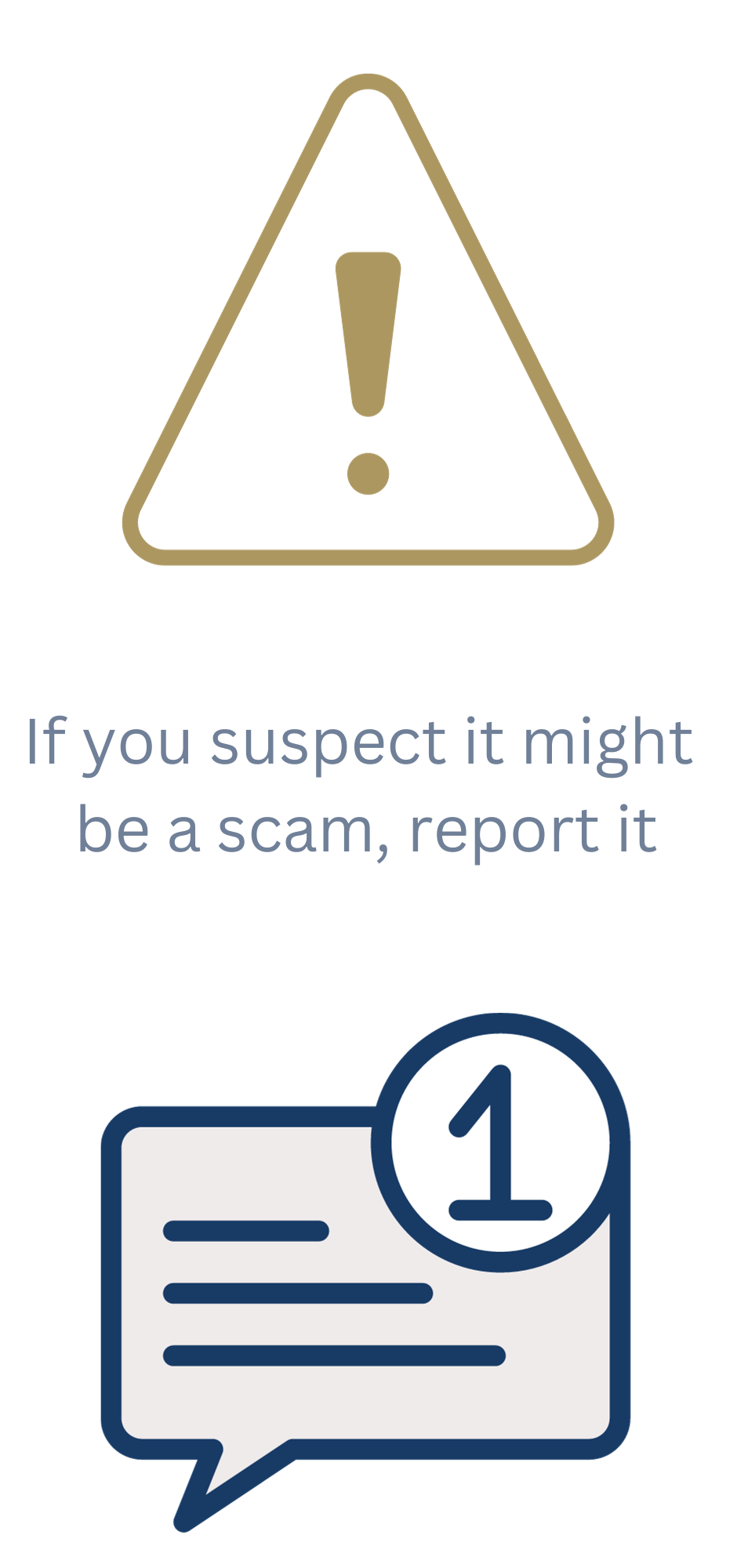Protecting Your Finances: How to Identify and Avoid Investment Scams and Fraud
Investing is an important tool for building wealth and securing a financially stable future. However, the investment landscape is not without its risks, including the threat of scams and fraud. As an investor, it is crucial to educate yourself about common investment scams and fraud tactics to protect your hard-earned money. In this article, we will explore key strategies to help you identify and avoid investment scams and fraud.
- Do Your Research
Before investing, conduct thorough research on the investment opportunity and the individuals or firms involved. Start by verifying the credentials of the company or financial professional offering the investment. Check if they are registered with the appropriate regulatory bodies and that they have a clean track record.
Research the investment itself, including its performance history, risk factors, and underlying assets. Be wary of promises of guaranteed high returns or investment opportunities with little to no risk.
2. Be On Your Guard against High-Pressure Tactics
Scammers often use high-pressure tactics to push you into making hasty investment decisions. They may create a sense of urgency, claiming that the opportunity is available for a limited time or that you must act immediately to secure high returns.
Legitimate investment opportunities allow you time to thoroughly evaluate the proposition and make an informed decision. Be sceptical about anyone who tries to rush you into investing without providing sufficient time for due diligence.
3. Watch Out for Unsolicited Offers
Be cautious of unsolicited investment offers, whether through cold calls, emails, or online advertisements. Rely on your own research, or on recommendations from trusted sources, to identify reputable investment opportunities.
If you receive an unsolicited offer, thoroughly research the company and individuals involved before considering any investment. Never provide personal or financial information to unknown entities.

4. Understand Common Scam Tactics
Familiarise yourself with common investment scam tactics so that you can better recognise warning signs. Some common scams include pyramid schemes, Ponzi schemes, pump-and-dump schemes, and offshore investment fraud.
In pyramid schemes, investors are promised high returns for recruiting new participants, rather than from legitimate business activities. Ponzi schemes involve using new investors’ funds to pay off earlier investors, creating a false illusion of returns. Pump-and-dump schemes involve artificially inflating the price of a stock through false or misleading information, and then selling off the shares at the inflated price.
5. Seek Professional Advice
Consider consulting with a licensed and reputable financial adviser or investment professional before making any investment decisions. They can provide valuable guidance, review investment opportunities, and help you assess potential risks.
Ensure that the adviser is properly registered and will act in your best interests. Be wary of advisers who receive commissions or incentives for selling specific investment products, as this could create a conflict of interest.
6. Report Suspected Fraud
If you encounter or suspect investment fraud, report it to the appropriate authorities. Contact your local regulatory agency or financial crime unit to report the incident. By reporting scams, you can help protect others from falling victim to fraudulent schemes.

As a financial company, we are occasionally targeted by fraudsters trying to impersonate our clients. These claims are followed with requests for large amounts of money to be sent to new bank accounts with false bank statements. Thankfully due to our due diligence and procedures in place, we are able to contact our clients to verify these requests, before any monies are transferred and potentially lost to cyber criminals.
In conclusion, safeguarding your finances from investment scams and fraud requires vigilance, knowledge, and caution. Take the time to research investment opportunities, be wary of high-pressure tactics, and understand common scam tactics. Seek professional advice and report any suspected fraud to the authorities. Below is some useful contact information and guidance.
If you have transferred money to the scammer in the last 24 hours you should call 101 if you feel threatened or unsafe call 999.
Report the scam to Action Fraud on 0300 123 2040 or online via their website.
You should also consider reporting the scam to:
- Your bank or other financial institution
- Trading standards
- If the scam involves investments or pensions to The Financial Conduct Authority (FCA) by visiting their page here.
Remember, if an investment opportunity sounds too good to be true, it probably is. Trust your instincts, stay informed, and always prioritise the protection of your hard-earned money. By being proactive and informed, you can significantly reduce the risk of falling victim to investment scams and fraud.
If you have any further questions, please don’t hesitate to contact your BRI adviser.


